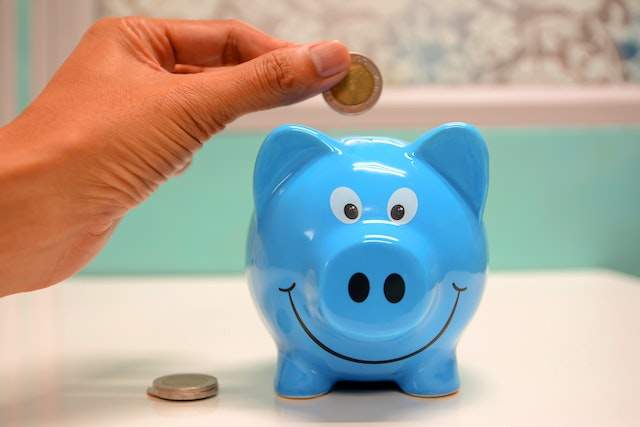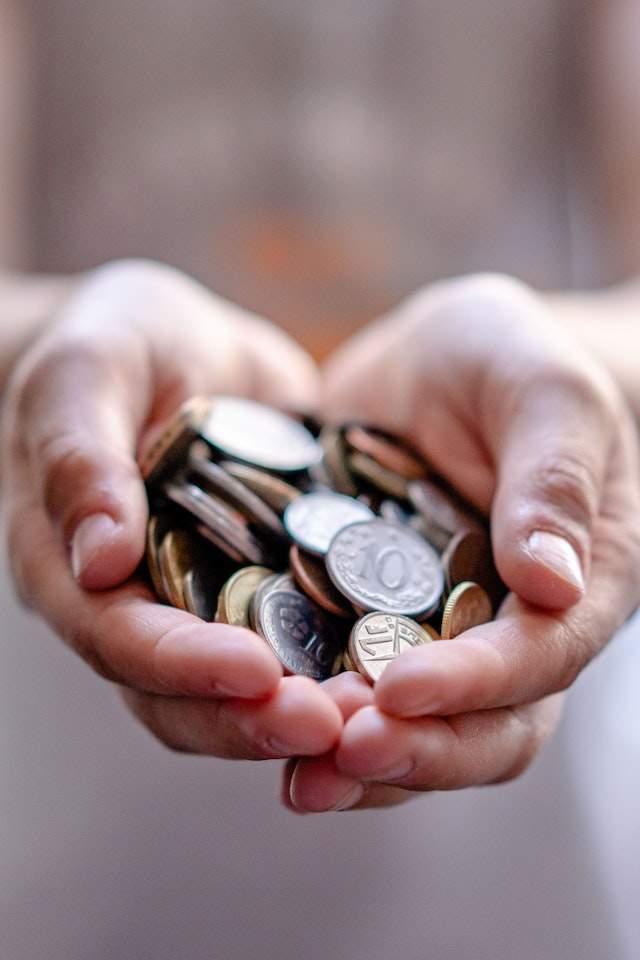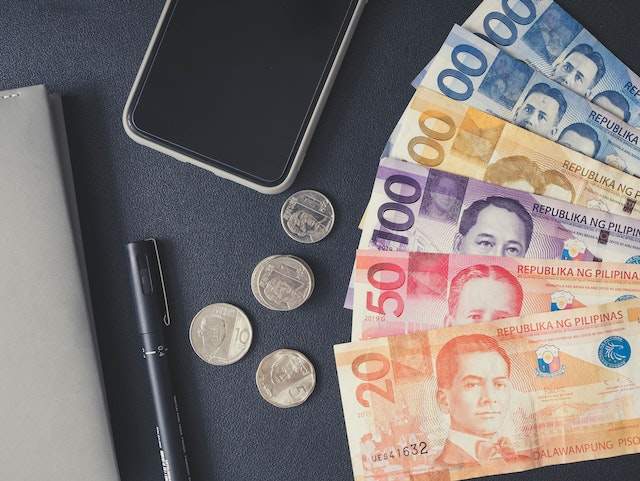No matter where you are, the economic landscape is ever-changing. In the Philippines, Filipinos must learn to adapt to the ups and downs of the economy. To build a solid financial foundation, you must learn the importance of an emergency fund within the Philippine setting. We will provide you with some helpful tips on how to start building your emergency fund, its definition and importance, and how to calculate for it.
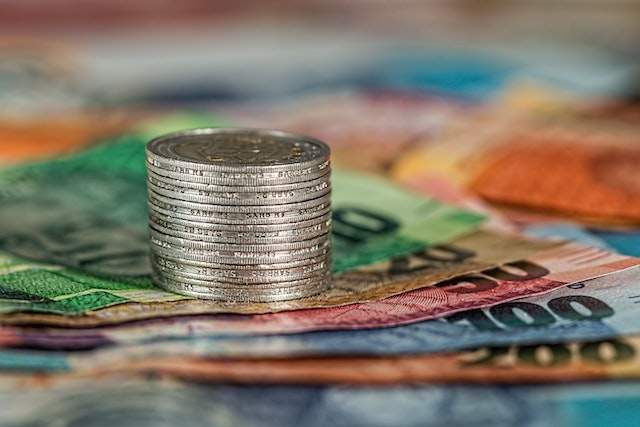
Why is an emergency fund important?
Imagine that you were checking your emails while having breakfast. You just found out from your boss’ email that you’re one of those who will be sacked from work due to the company’s financial state. Your mind started rushing. How are you going to get by in the next couple of months while looking for another job? Who will pay your rent, and other bills? Here comes the importance of an emergency fund. In situations such as this, you have some funds saved up for the rainy days. In the event of unforeseen circumstances such as accidents, emergency expenses, disasters, and other situations you still have some money to spend.
Since the Philippine economy is not as stable as compared to other countries, job security is volatile. To protect you and your family from incurring unwanted debts because of some unwanted situations, it is recommended to start saving for an emergency fund. This will save you from financial stress brought about by a lack of funds or shortness in the budget.
How is it related to financial security?
When you have an emergency fund saved up for challenging times, you will still have peace of mind. Think of losing a job and then one of your children gets sick. Situations such as this cause major stress and would heavily affect your mental health. When you get desperate to get funds, you may fall into getting debts that are of high interest. If you still have money to spend, you are protecting yourself from falling into the debt trap. You can also maintain your financial standing while looking for other sources of income.
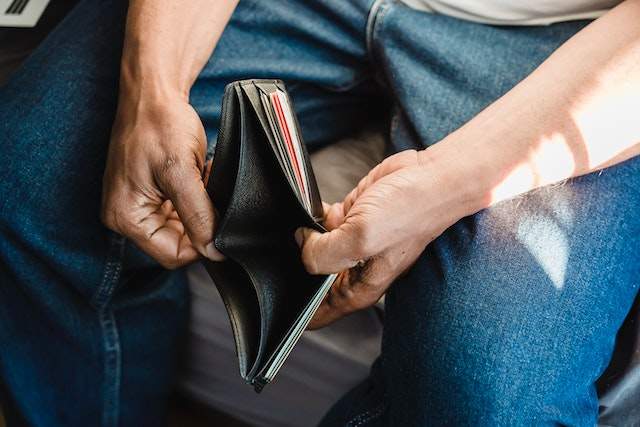
How to calculate
Emergency funds vary depending on your current financial situation. According to most financial books, it should be equivalent to at least 3-6 months of your living expenses. If you can extend it some more, save up for at least 12 months. There are plenty of factors affecting our current industry, this includes the market conditions globally and the local state of the economy.
Here are the steps you can follow to compute your emergency fund:
- Evaluate your monthly outgoings which include your rent, transportation, medical insurance, debts, and other outgoings.
- Once you have the total, multiply this monthly expense amount by the number of months you want to cover (e.g., 3, 6, or even 12 months) to arrive at your target emergency fund goal.
- You can also check for an online emergency fund calculator that can simplify this process and provide a more accurate estimate based on your specific circumstances.
How to build your emergency fund in the Philippine economy
To start building an emergency fund in this country, Filipinos must have the following traits.
- Discipline
- Consistency
- Commitment to saving
You can start by reviewing your budget. Are there any expenses that you can reduce? If so, you can move the money to your emergency funds. Treat it as a non-negotiable expense, just like paying your bills or debts.
Do you want to make things more convenient? Why not automate your savings? You can easily do this online. Set up automatic transfers from your salary account to a separate savings account dedicated solely to your emergency fund. With this in place, you consistently contribute to your fund without the temptation to spend the money elsewhere. Have you also considered getting a high-yield savings account or a money market fund to maximise the growth potential of your emergency fund over time? If not yet, talk to a financial advisor to help you out.
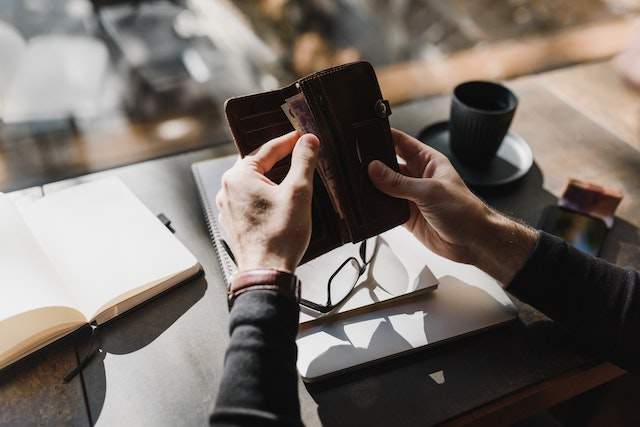
How to maintain your emergency fund?
Once you have established your emergency fund, the challenge now is how to maintain and replenish it. Take time to review and make certain adjustments. Remember that if you use your emergency fund, you should be aware of how much is left and how soon can you restore it.
How to wisely access your emergency?
Below are the important things to remember if you want to keep your finances strong and stable despite changes in your circumstances.
- Evaluate the nature of the emergency: Do you need to dip into your saved fund? Before tapping into your emergency fund. What is the level of urgency and necessity of the situation? Is it a true emergency that requires immediate financial support? Avoid using your fund for discretionary expenses or non-essential purchases.
- Pay your essential expenses first: Make sure that you are prioritizing your essential expenses such as rent or mortgage payments, utility bills, food, and healthcare. Focus on maintaining your basic needs and financial obligations. The emergency fund is for needs not wants.
- Assess the fund’s purpose: Do not use it for non-emergency purposes or non-essential expenditures that can be covered by your regular income or savings. If you want a new set of clothes or a ticket to a concert, this is not for that purpose.
- Check your budget and savings strategy: Do you think your budgeting strategy is working? Assess if you need to make adjustments. Determine if there are any adjustments you can make to better prepare for future emergencies. Consider increasing your monthly savings contributions to replenish the fund more quickly.
- Take time to review your fund: Make sure that you are checking your emergency funds. You might be surprised that nothing is left already. Life circumstances, economic conditions, and personal goals may change over time, warranting adjustments to the size or allocation of your emergency fund.
It could be challenging to start an emergency fund but it is possible if you have the right mindset. This serves as your safety net during financial hardships and any unforeseen expenses. You would want to protect yourself and prepare for the future so make sure to have enough savings for a more secure financial future.


